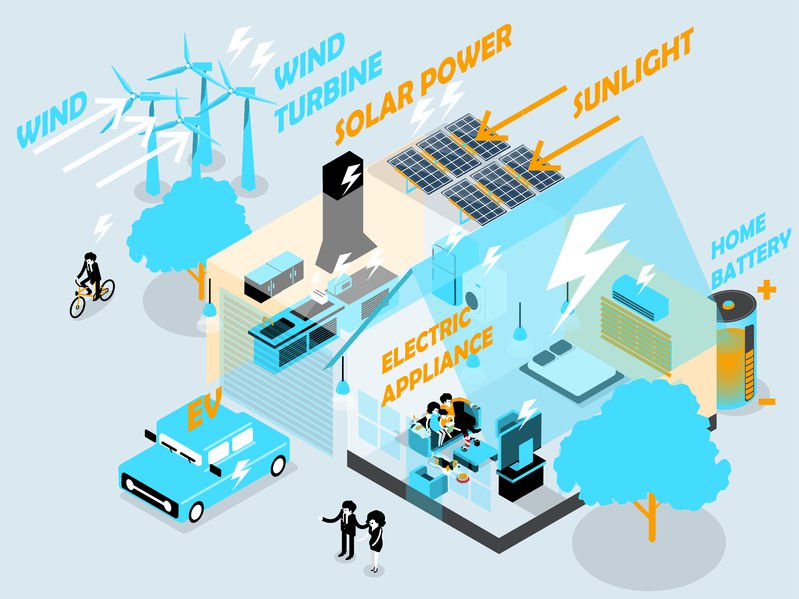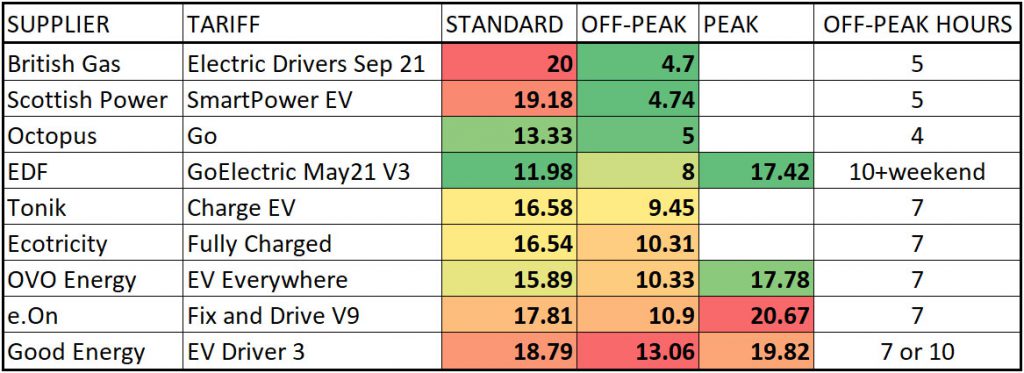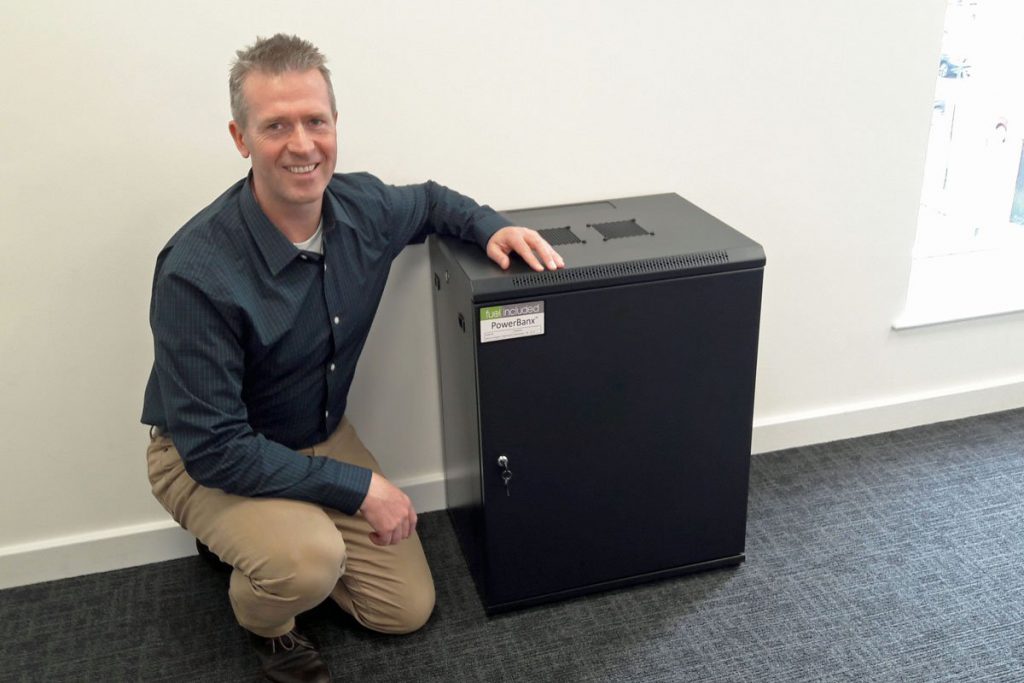Charging an electric vehicle (EV) is much cheaper than filling a petrol car. For example, the cost of charging a Renault ZOE 52kWh is around £8 so if you get a range of 200 miles out of it then the cost per mile is about 4p. A Renault Clio, however, uses fuel at around 6l/km (51mpg) so that costs more like 10p per mile.
More importantly, perhaps, is that you can choose the rate you pay for electricity and there are very good deals available if you are happy to charge overnight, as most owners are. Here I’m going to summarise the main EV specific time-based tariffs on offer in the UK. Do note, however, that many of them are ‘rebadged’ versions of the old Economy 7 tariffs so if you’re not keen to change supplier to get an EV tariff it’s worth asking your existing supplier if they have an Economy 7 tariff.
I’ve created a summary table below based on data from GoUltraLow (May 2020). All rates are in pence and off-peak hours are per day.
I have ordered the table by off-peak rate from cheapest (green) to most expensive (red). From a glance it looks like Octopus Go is the best compromise overall, having a low off-peak rate, a good standard rate and no additional peak/evening rate. However, it does has the shortest off-peak period. The best tariff for you will depend on your household circumstances.
So, is it worth the bother of switching? That’s up to you, of course. But consider the British Gas off-peak rate of 4.7p. At that rate a full charge of a ZOE will cost around £2.50 so now you’re down to something pretty close to 1p per mile. It’s clear why these tariffs are so popular with EV drivers.
Note, although these tariffs are marketed to owners of EVs they are just as useful to owners of batteries like our PowerBanx series (or both, of course). You can charge up your battery overnight at a cheap rate and use it to offset the more expensive daytime rates. With a small battery you can at least avoid any peak/evening period. With a large enough battery you could run your house entirely off cheap electricity.






